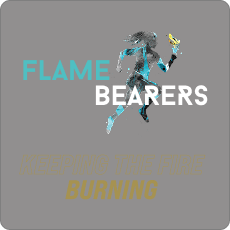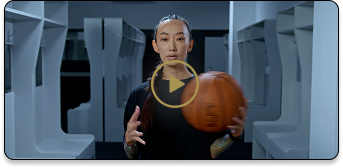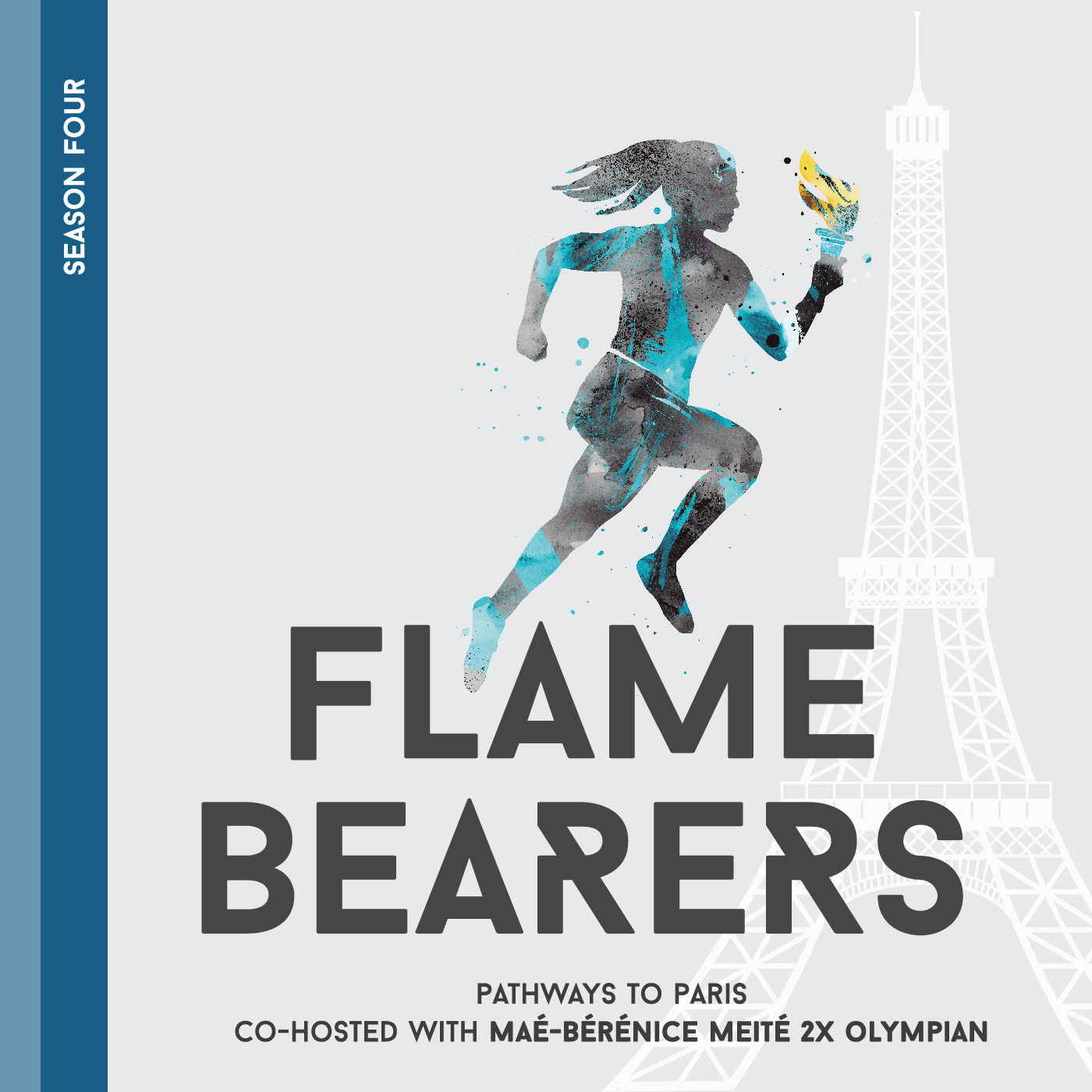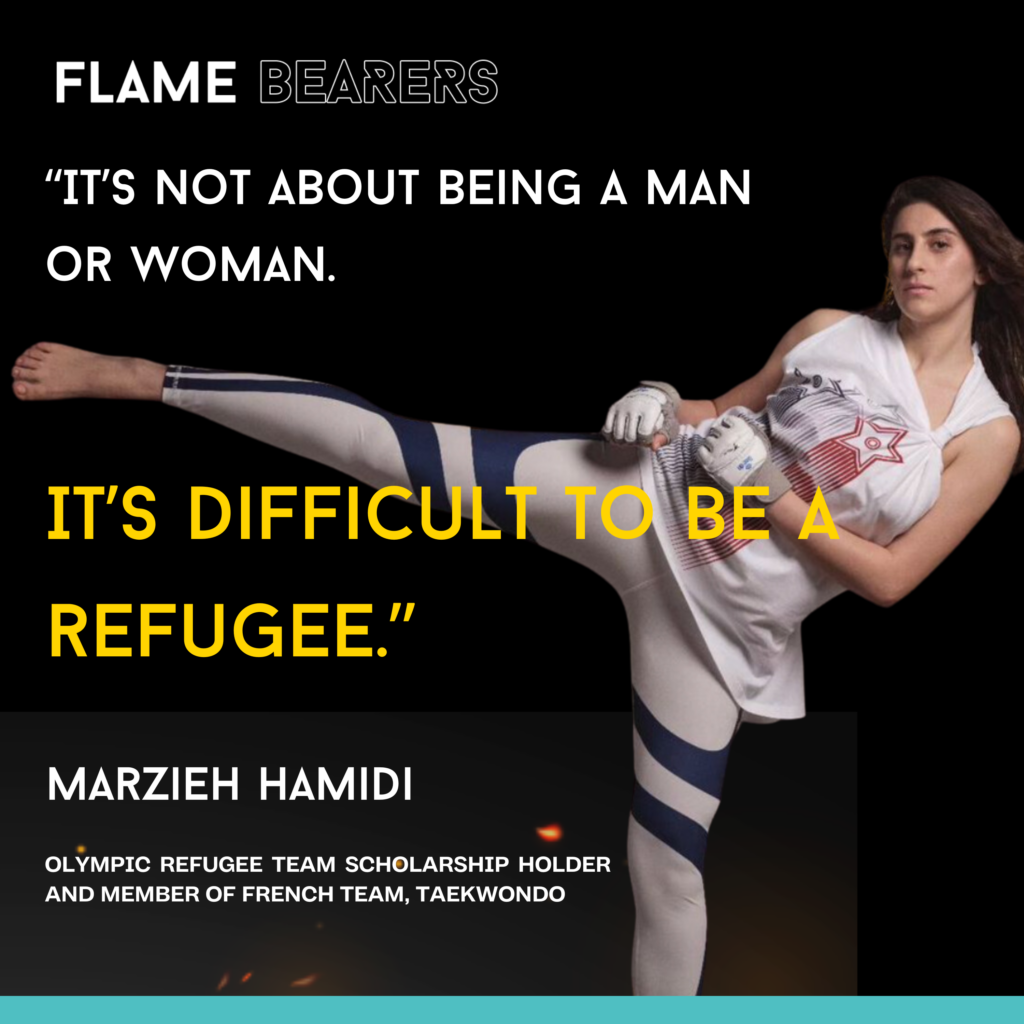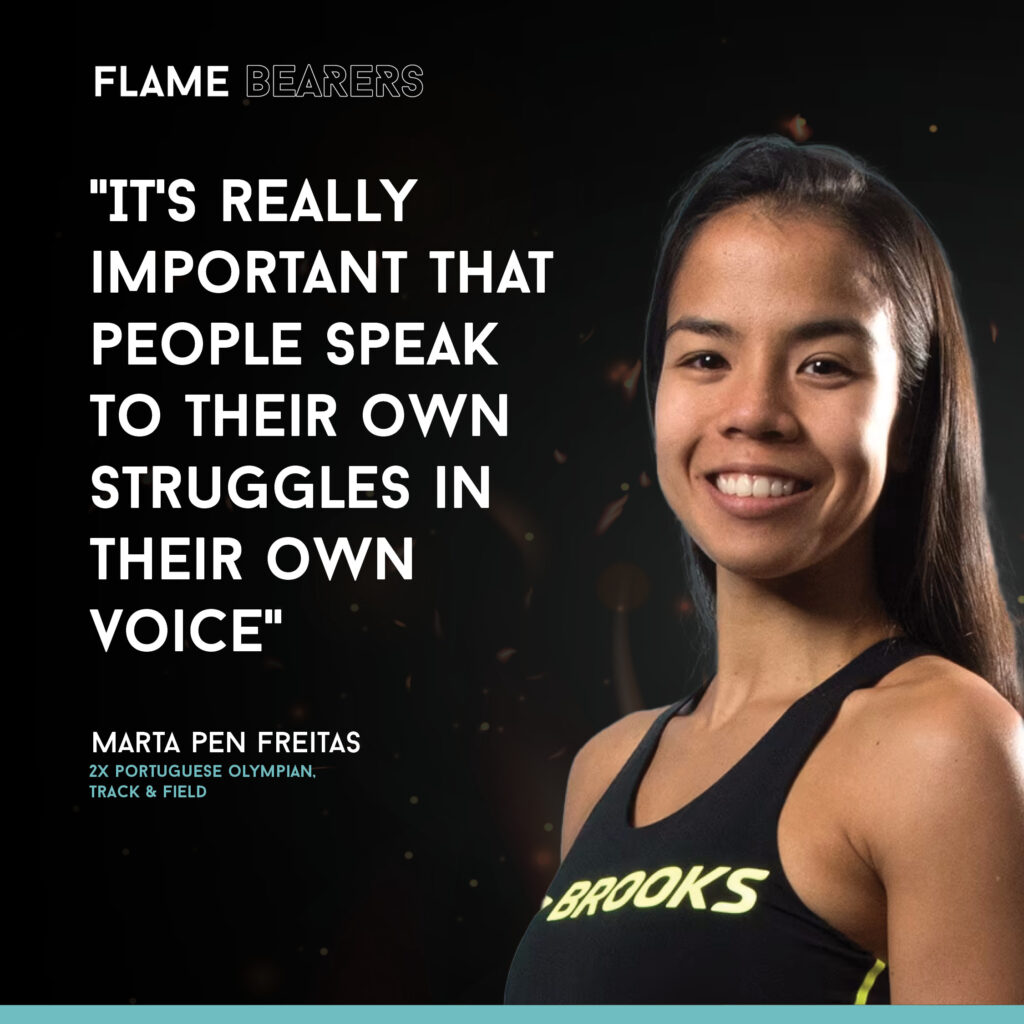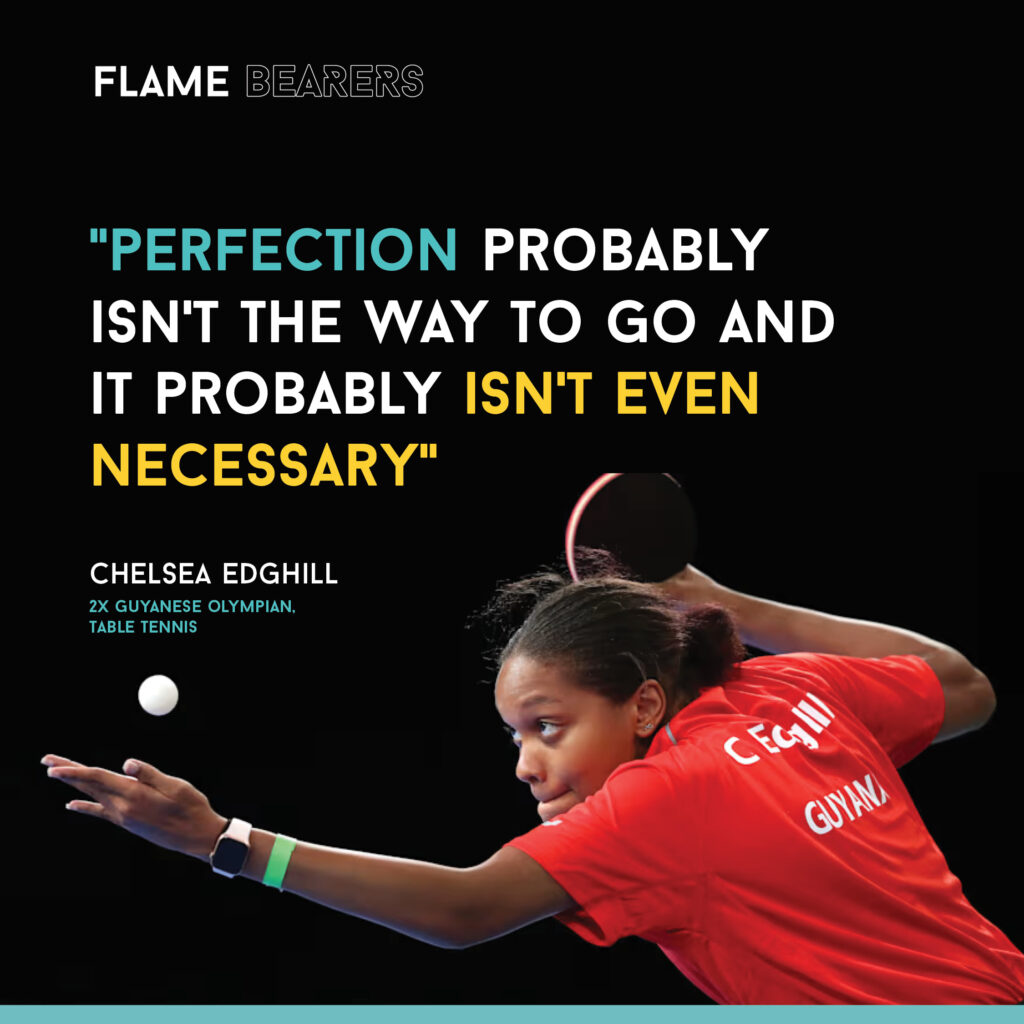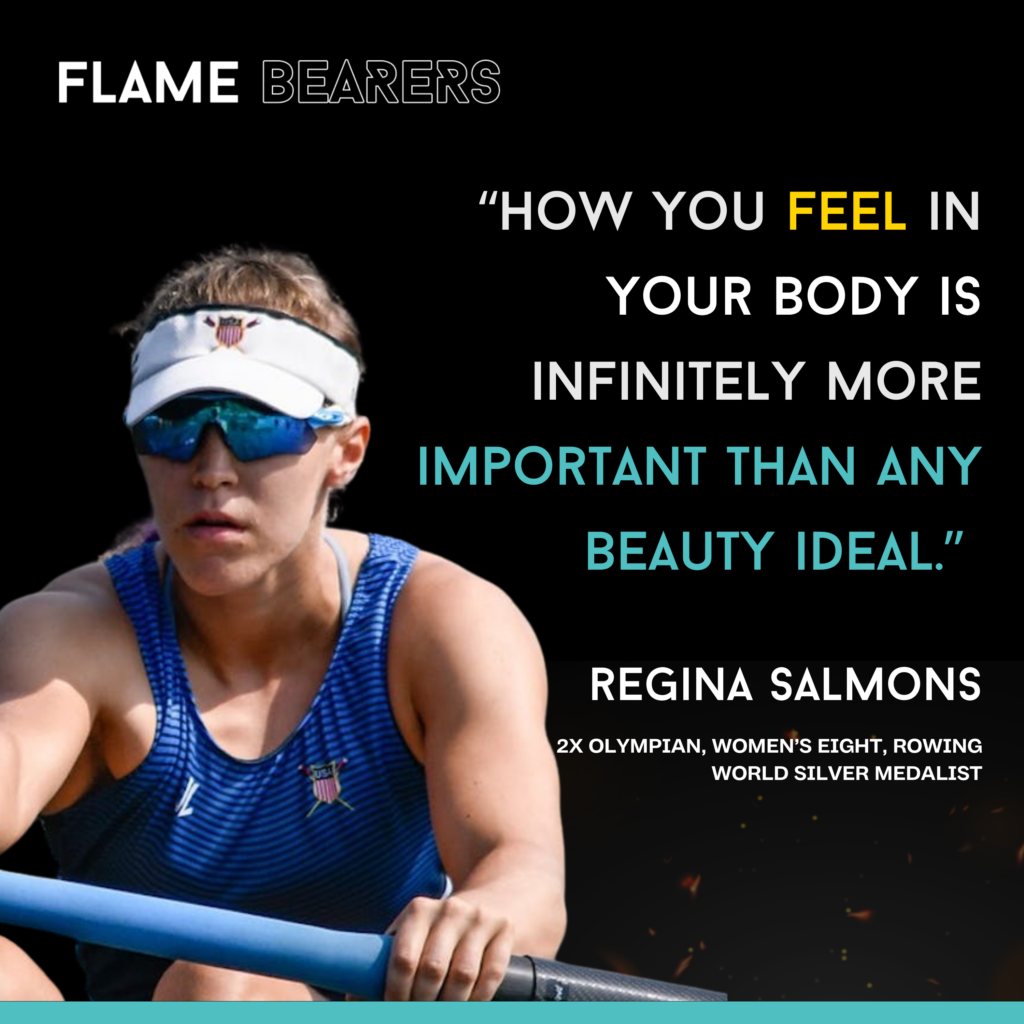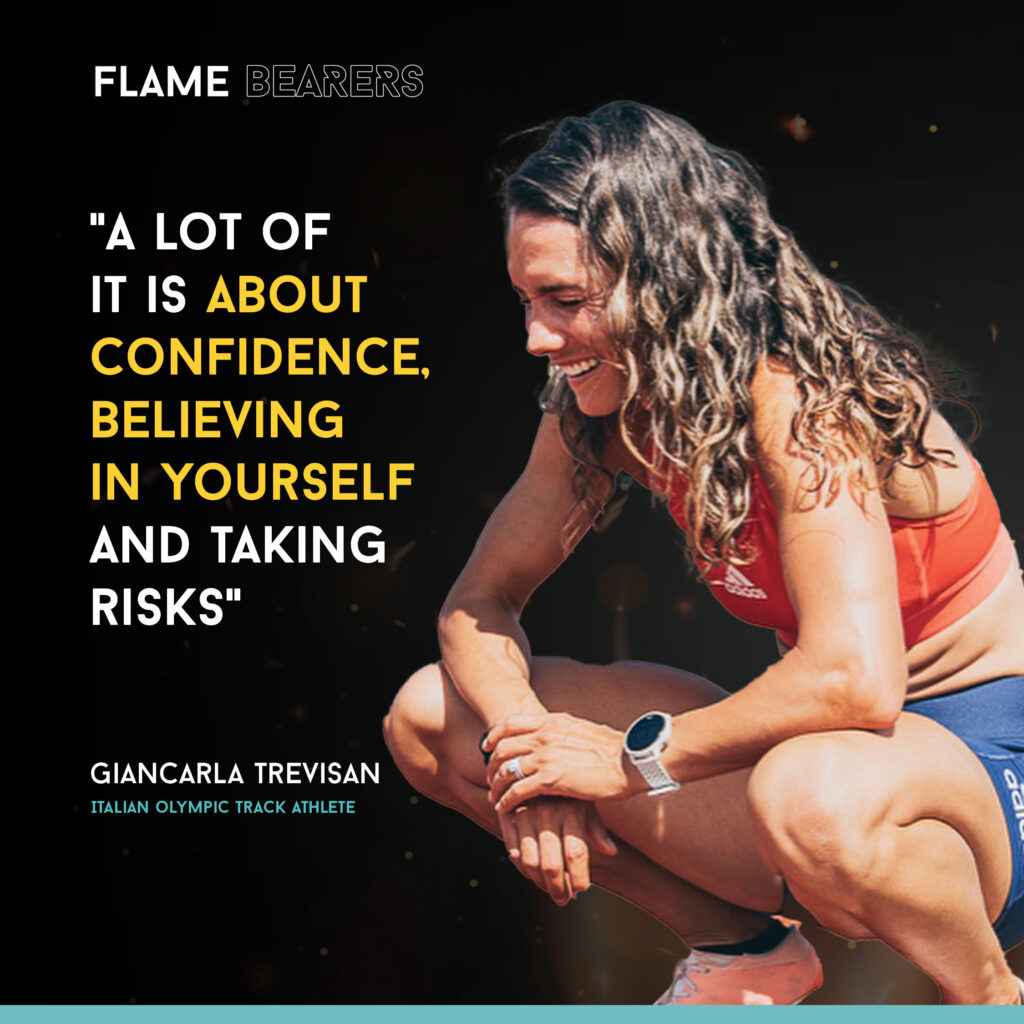Watch the video version of this conversation on our YouTube channel ►/ @flamebearers
Ariana came across rugby in high school school and at first, she “had no idea what rugby was, but it reminded [her] of capture the flag.” She was looking for a sport outside of track that she could compete in throughout college, and credits the upperclass girls on her high school team for encouraging her to join the squad.
She then went to Dartmouth College where she majored in Economics with a Chinese minor and became team captain Throughout it all, Ariana shares that “People are still confused that women play rugby. They say it’s a super rough sport. That is part of my message for girls: you can play a rough sport.”
In today’s conversation, we debunk some of the misconceptions about rugby, discuss Ari’s ACL recovery from Tokyo2020, and her hopes for the future of women’s sports According to Ari, People think that “because you play rugby you like to fight.” Wrong.
She shares her goal to podium in Paris…MISSION ACCOMPLISHED, as her team just took home bronze.
Photo credit: USA Rugby
This conversation is hosted by Maé-Bérénice Méité, 2x Olympian and 6x National Figure Skating Champion from France. This series Flame Bearers: Pathways to Paris celebrates women from around the world seeking to compete in this summer’s Olympics and Paralympics.
Episodes drop every Wednesday at 5am Eastern Standard Time through the Paralympics as well as every Monday throughout the Olympics.
Photo credit in podcast tile: The Players Tribune and Sam Maller.
—-
Flame Bearers is the world’s first media and production company specifically illuminating the unsung stories of resilient women Olympians & Paralympians. We tell stories via podcast, video, and live events and are working towards a world where people feel more represented, empowered, and enlightened about the power of community.
Learn more on our website: flamebearers.com
Watch & subscribe to our YouTube channel to watch a video version of this episode ► / @flamebearers
Follow us on social media for exclusive behind the scenes content:
Instagram: /flamebearers
Facebook: /flamebearerspodcast
Linkedin: /flame-bearers
Tiktok: /flame_bearers
X: /flame_bearers

